

SOCIAL
Bono East youth call for measures to improve their wellbeing
Selected youth in the Bono-east region have called for measures to improve their wellbeing as well as that of people with disabilities PWDs.
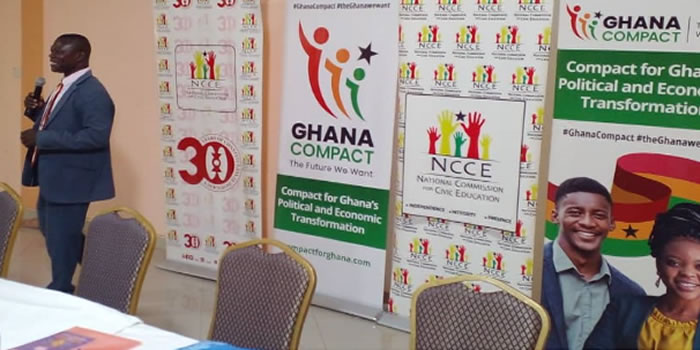
Date Created : 5/15/2024 12:00:00 AM : Story Author : Daniel Oduro-Stewart/Ghanadistricts.com
The call formed part of recommendations made at the end of a citizen’s engagement exercise in Techiman organized by the National Commission for Civic Education NCCE in collaboration with the Africa Centre for Economic Transformation ACET.
The youth asked families to grant equal educational opportunities to both male and female children while urging the government to invest more in Technical and Vocational Education Training to better prepare them for the job market.
They also called for user-friendly public infrastructure for PWDs while increasing their share of the district assembly common fund stressing the importance of introducing the teaching and learning of sign language in basic schools.
Earlier in a welcome address, the director of programmes of the Commission Dr. Imurana Mohammed stressed the importance of the youth to the future of the country adding that they have a higher stake in the outcome of the Ghana Compact initiative.
He urged them to be apostles of peace rather than conduits for violence even as we prepare for elections in December.
Quoting Freedom House, an American research and advocacy group, Mr. George Boateng, a senior analyst at ACET touted the democratic credentials of the country adding that peace, political stability and freedom of speech remain the hallmark of Ghana.
He regretted however that this has not reflected in our economic fortunes due to among others our inability to add value to our natural resources.
Mr. Boateng said it is in the light of this that his outfit in consultations with other bodies is pushing for the Ghana compact document to enable constitutional, political and economic reforms for the transformation of the country.
The secretary to the Commission, Ms. Lucille Hewlett-Anann in a contribution urged participants to come up with practical ideas for incorporation into the social contract document dubbed ‘Ghana Compact’ ‘The future we want’.
Mr. Joseph Kwaku Yeboah, the Bono-East regional director of the Commission said a number of youth find it difficult to secure jobs because the training and skills they acquire in school do not match requirements of the job market.
He identified some challenges faced by the youth as: inadequate funding for education, inadequate educational infrastructure, insufficient data on the labor market and inadequate youth participation in governance and civic engagements.
Mr. Yeboah said only 3% of the education budget is allocated to TVET while less is made available to special and non-formal education which he said does not make them effective.
Participants deliberated on and made recommendations as to how education could be made more accessible to girls and PWDs, getting young people involved in governance and decision making, boosting youth entrepreneurship and ensuring that graduates and other out of school youth are ready for the job market.
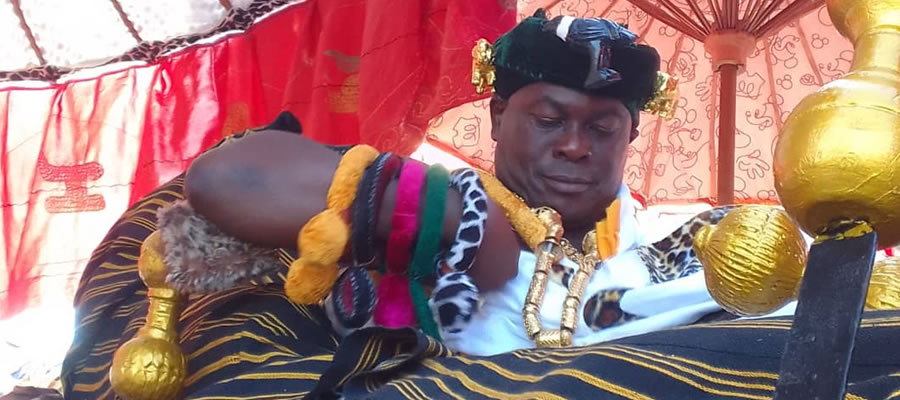
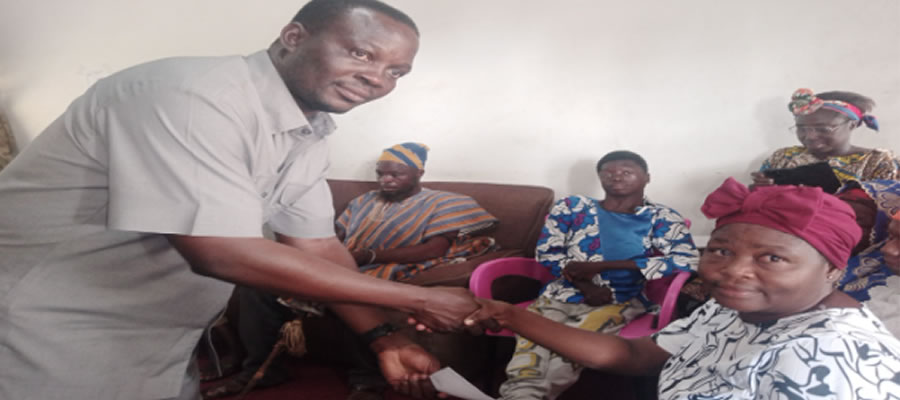
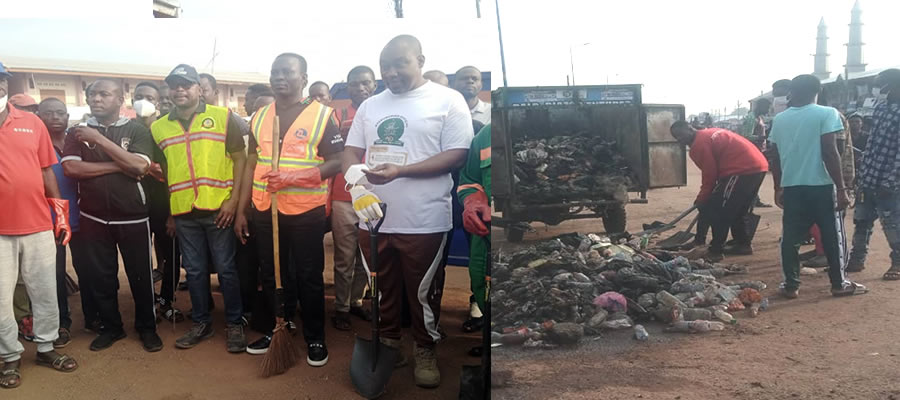
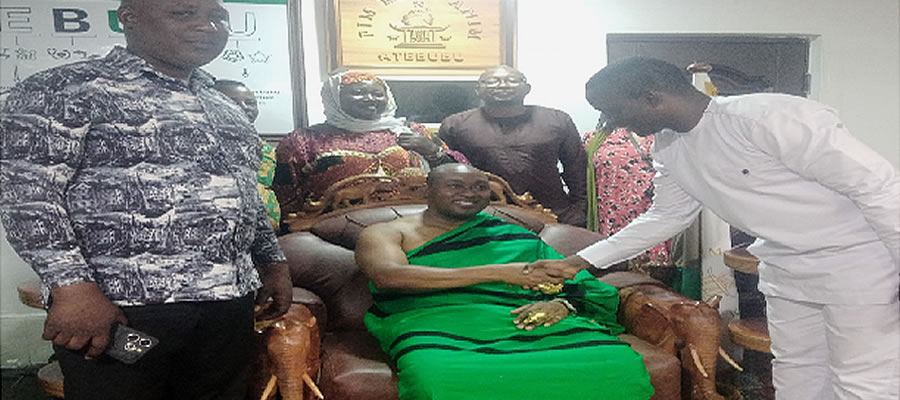
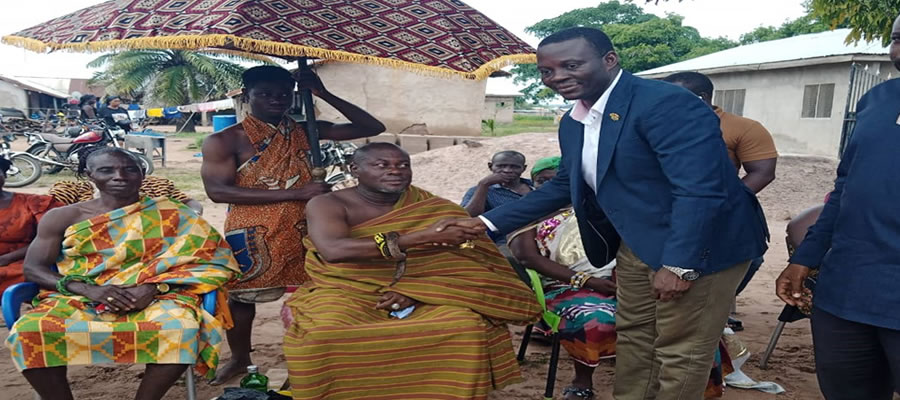
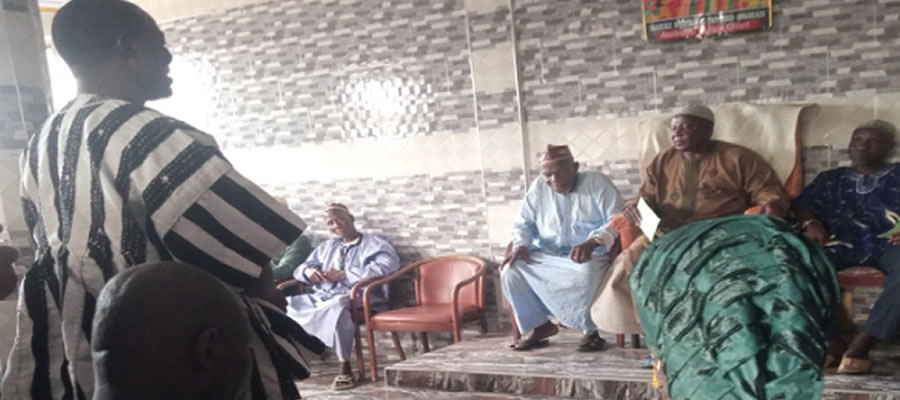
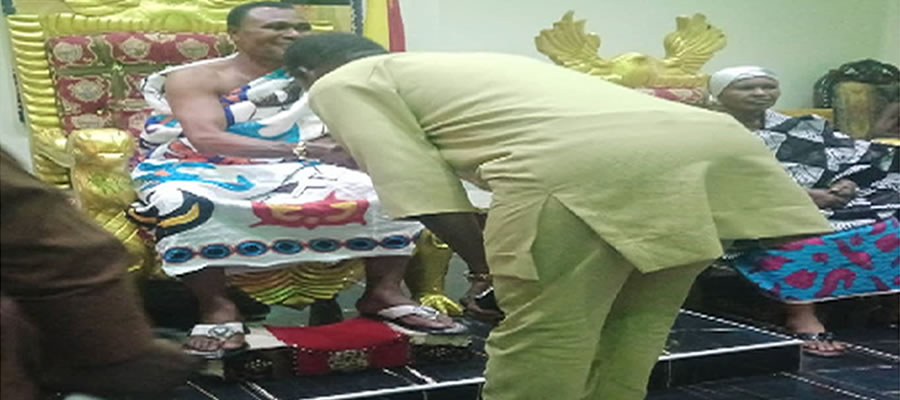
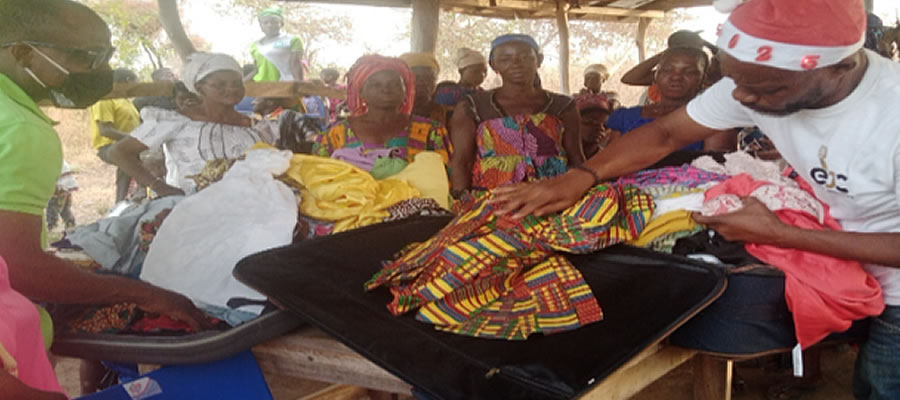
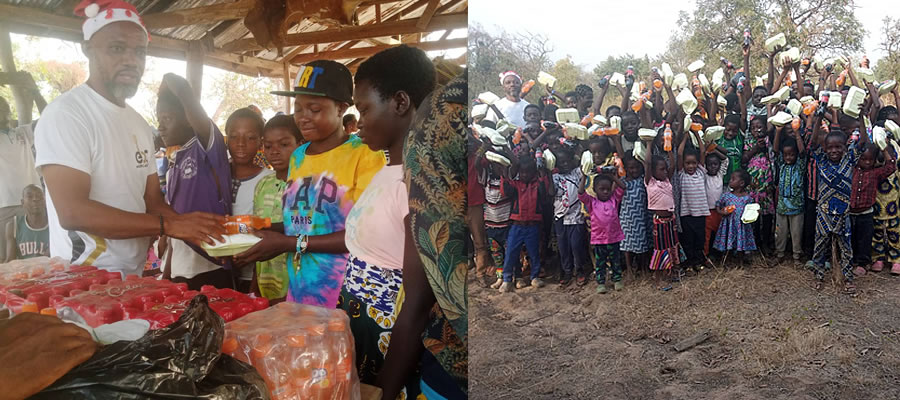
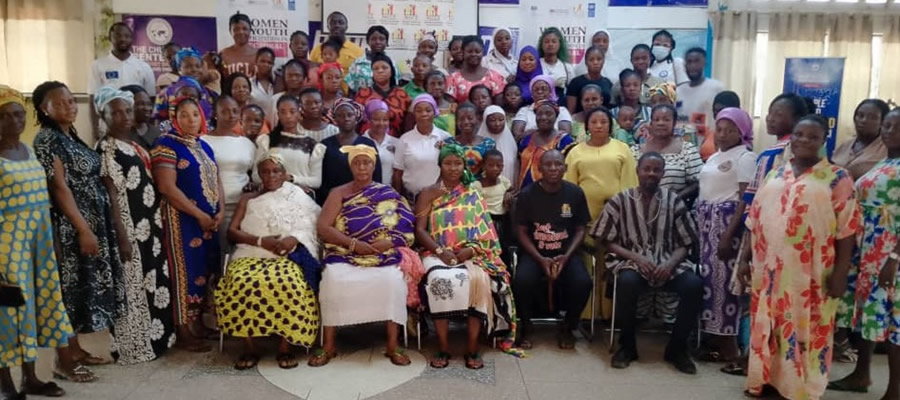
 facebook
facebook
 twitter
twitter
 Youtube
Youtube
 +233 593 831 280
+233 593 831 280 0800 430 430
0800 430 430 GPS: GE-231-4383
GPS: GE-231-4383 info@ghanadistricts.com
info@ghanadistricts.com Box GP1044, Accra, Ghana
Box GP1044, Accra, Ghana